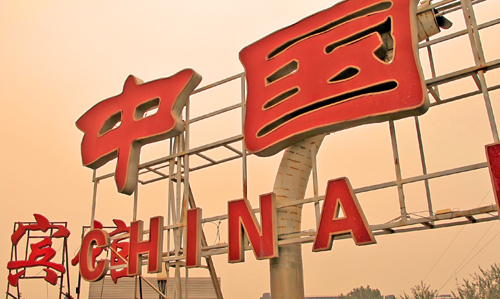By Clint Cox

The controversy surrounding the recently released Chinese rare earth policy DRAFT by the Ministry of Industry and Information Technology (MIIT) has grown considerably, and I wanted to address some of the issues in a little more detail.
Please keep in mind that the document in question is a DRAFT, and it will undergo thorough review and revisions. When referenced below, “are being considered” means just that – we have to see the FINAL policy before we draw final conclusions.
Now some facts from the DRAFT:
- Yttrium (Y) is NOT being considered for prohibition from export. Many reports have stated that yttrium would be prohibited, but it is ytterbium (Yb) that is being considered for export prohibition – not yttrium. This is key, as Y plays a much more important role in the world REE market than Yb (which is almost negligible).
- All forms of europium (Eu), dysprosium (Dy), and terbium (Tb) are NOT being considered for prohibition from export. Co-precipitates containing Y/Eu and La/Ce/Tb ARE BEING CONSIDERED TO BE PERMITTED (for use in phosphors), as will certain compounds and metals containing specific percentages of Tb and Dy. Some forms of Eu, Dy, and Tb are being considered for the export ban, but there are important forms that will be allowed.
- Ytterbium (Yb), thulium (Tm), and lutetium (Lu), are being considered for the export ban. These elements have exceedingly small sales and are currently marginal in the rare earth market.
- Consolidation and Centralization is being considered to continue. By cutting producers and consolidating operations, the Chinese hope to create better efficiencies in handling waste and preserving their assets.
The point is, we just don’t know yet. Many articles and press releases have treated this DRAFT as if it were final policy – tiptoeing along the boundary of available facts and favoring what is presently fiction. The storyline of China banning export of HREEs makes for good copy and great stock prices, but it ignores both the facts above as well as the integrity of the Chinese political process for creating FINAL policy from a DRAFT.
To be clear – this is not to say that much of the DRAFT won’t become policy – but premature speculation has taken the coverage of this industry down a dangerously speculative path.
I have to remind myself again and again (with varying degrees of success): Beware of over-simplification and easy answers with the rare earth elements.

